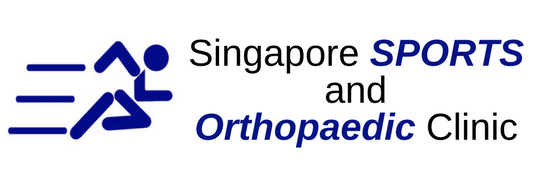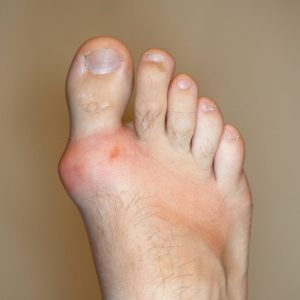Flexor tendon injuries as the name suggest are injuries affecting the tendons. Tendons are thick, elastic fibrous cord like structures that connects the muscles to the bones. The ability for our fingers to bend and flex is due to the flexor muscles. Flexor muscles start from our elbow down to the forearms and finally the tendons which are finally attached to the fingers. Each of our finger has two flexor tendons and that includes the thumb. The usual culprit for a flexor tendon injury is due to a deep cut in the fingers or hands which injures the flexor tendons. In this article, we will look at some of the causes and symptoms of flexor tendon injuries.
Flexor tendon injuries are challenging as they cannot heal without surgical treatment. Unlike other forms of injuries, tendons need to be brought together and stitched back surgically in order for healing to occur. Secondly, careful postoperative management needs to be planned in detail as immobilisation can cause rupture of the tendon. Lastly, the bulkiness of the tendon needs to be reduced but scarring will make it almost impossible.
Causes
Sports activities are the main culprit of flexor tendon injuries. The most popular sports are soccer, rugby and wrestling. In fact, there is a term “jersey finger” that is used by athletes due to their repeated occurrence with jersey wearing activities. Jersey finger occurs when a player is grabbing another player’s jersey and finger and a sudden change in direction is initiated, pulling the tendon off the bone. Other activities include rock climbing which requires a lot of finger strength.
Some medical conditions may also lead to a decrease of strength in the flexor tendons, making them more prone to tearing. Patients who are suffering from rheumatoid arthritis will have weak tendons and in serious cases, the tendon can tear without any prior notice. The patient will only realise it when he cannot bend his finger anymore.
Symptoms
Symptoms will vary among patients but the most common signs include:
- A visible open injury at the joint area
- The inability to bend one or more finger(s)
- Pain and tenderness when a finger is bent
- Numbness in the fingertip
Flexor tendon injuries are difficult to manage due to its complex nature. Therefore, it is important to seek medical advice immediately when you suspect your might have suffered a jersey finger injury. If surgery is really required, do not worry. Surgery often brings in good return of finger functions.








